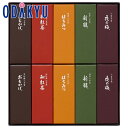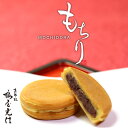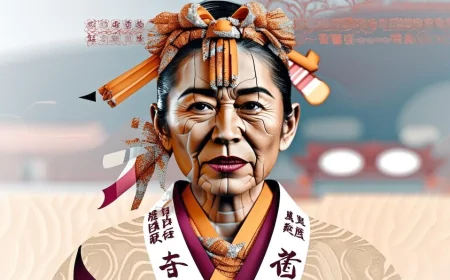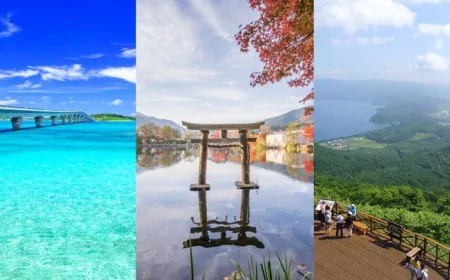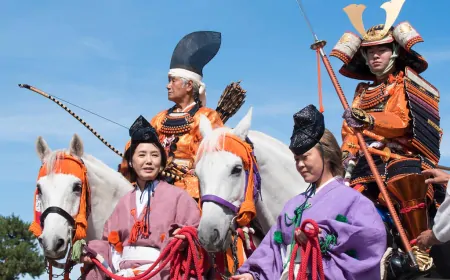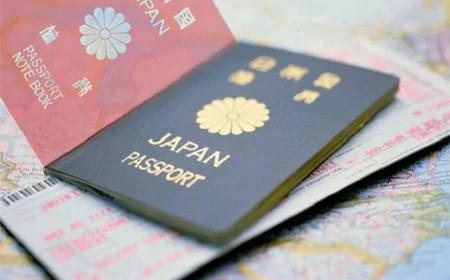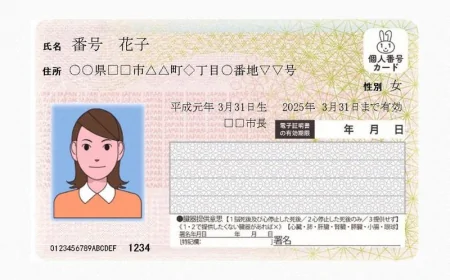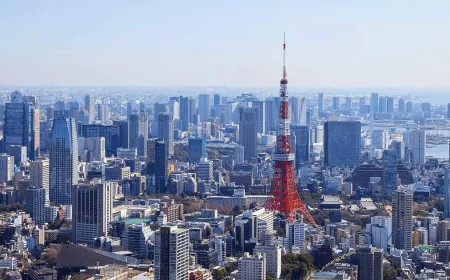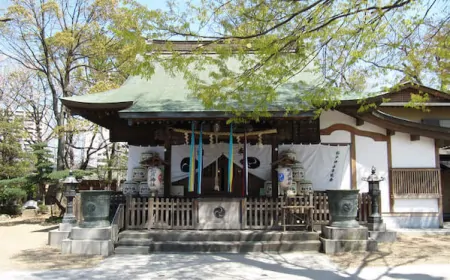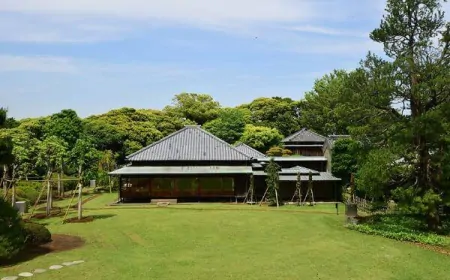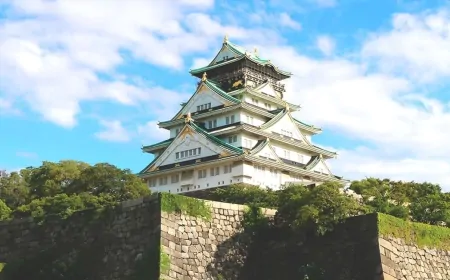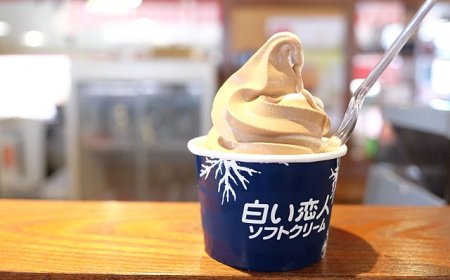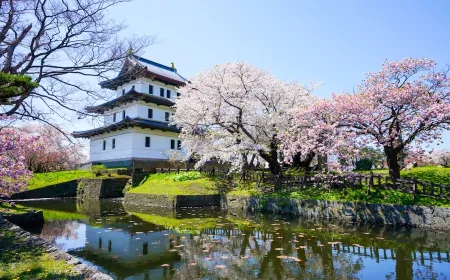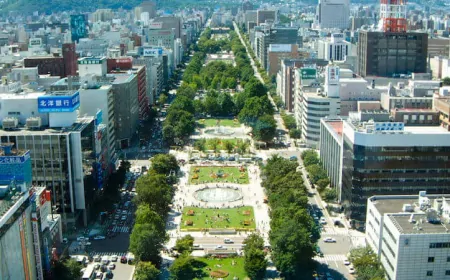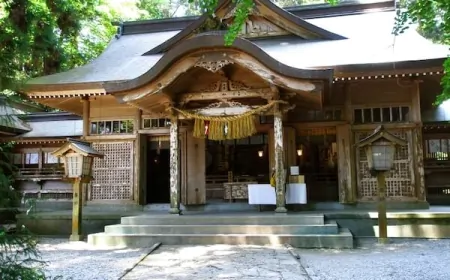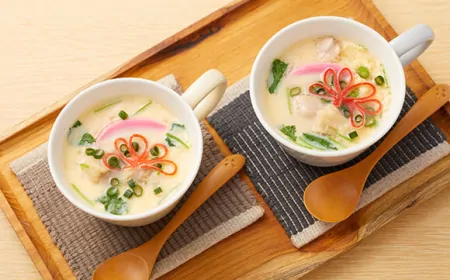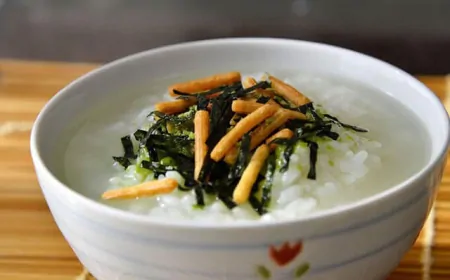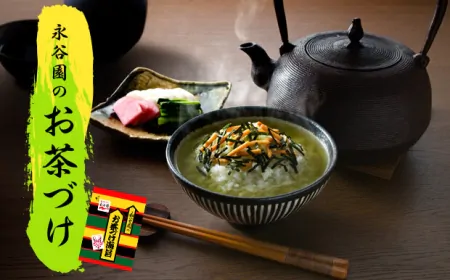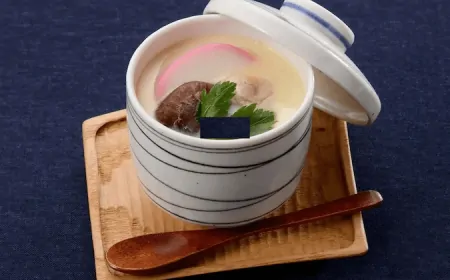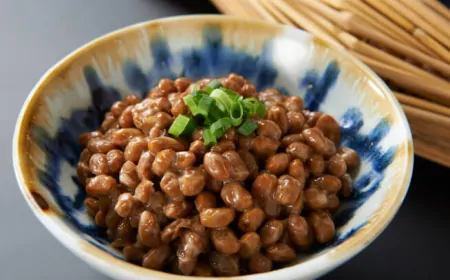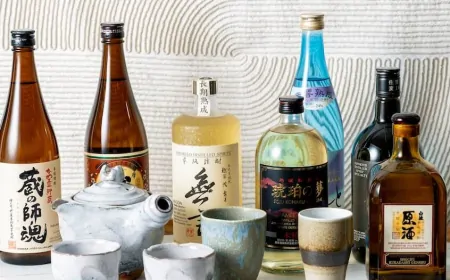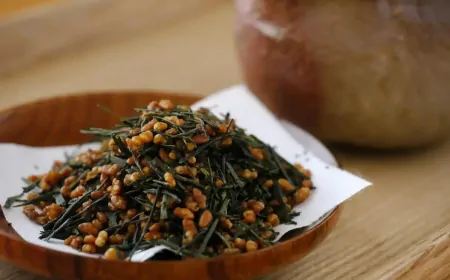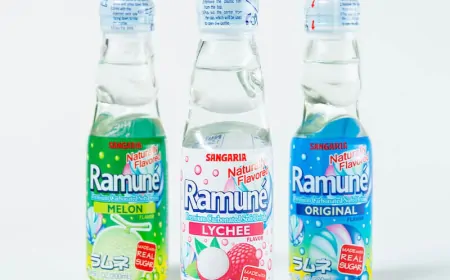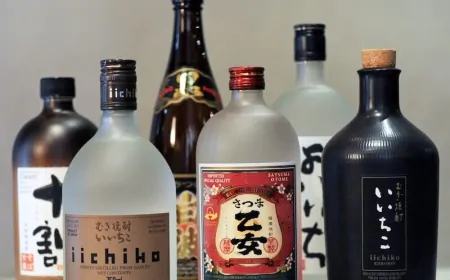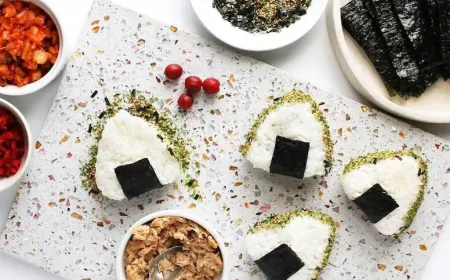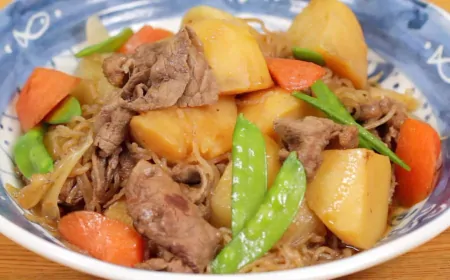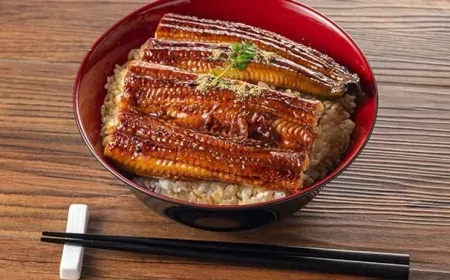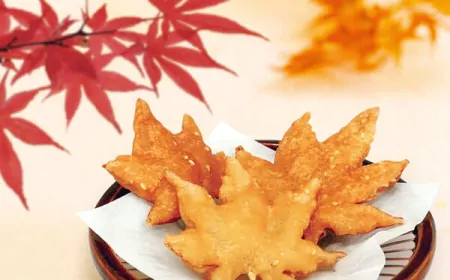Unique in Japanese culinary culture
Not only in terms of economy, politics or culture, Japanese cuisine also has an equally remarkable level.

And famous in Japanese cuisine that every time it is mentioned the whole world has to admire and admire it is the sophisticated way of processing and arranging each dish, the taste of Japanese food is often ethereal and light. It is gentle, perfectly suited to the natural atmosphere of each season, with its own identity.
The intersection of cuisines
The interference between cuisines is always considered as one of the unique features that make up the uniqueness of Japanese cuisine. This is a delicate and harmonious blend of Japanese food with dishes of some other developed countries in the world such as China and Western countries.
Therefore, when coming to the land of the rising sun, you will not be surprised when the Japanese table has more sausages, bread, ... or they even have the habit of drinking coffee in the morning.
The unique culinary style of each region
A special feature in the culinary culture of the Japanese is that it is possible to have the same dish, such as ramen, but each region has a different way of processing and flavor.
With this feature, visitors from near and far when visiting Japan will feel extremely interesting because they can experience many different flavors of the same dish along with visiting heritage sites and regions. of this country.
Enough nutrition and good for health
Most Japanese dishes are very low in calories but ensure adequate nutrition for the body because the main ingredients used to prepare dishes are often derived from seafood from the sea, vegetables and fruits. and soybeans.
Therefore, Japanese cuisine always meets the needs of delicious food and is very nutritious for health.
Philosophy in Japanese cuisine
Most Japanese dishes follow a common philosophy of "three five" including five dharmas, five colors, and five flavors. The five dharmas include frying, steaming, simmering, baking, and raw. The five colors will be red, black, white, blue and yellow.
Especially different from many countries, Japanese cuisine focuses on the pure taste of ingredients such as fish, seaweed, vegetables, soybeans and rice. In Japan, they minimize the use of spices because it will make the dish lose its natural sweetness.
The meaning of Japanese culture expressed through food
The meaning of Japanese culture expressed through food is something that few cuisines in other countries can compare with this country. For example, a New Year wish such as sake to ward off evil spirits, prolong life or a tofu with wishes of health, wish the family always happy with grilled cod roe. Shrimp symbolizes longevity, long life…and there are many other special dishes that when mentioned we will immediately think of cherry blossom country.
Nature in Japanese cuisine
The culture in Japanese cuisine always ensures nature, fresh dishes in Japan always have to ensure the freshness, taste from nature from for example fish, seaweed, etc.
Dishes are often prepared according to the season, suitable for the climate and weather. When spring comes, they will often eat shirouo fish and sakura mochi, while cold and cold dishes such as eel, grilled eggplant, and cold noodles are always more popular in the summer. And when it turns to autumn, the Japanese will eat a lot of baked potatoes, etc. to reduce the cold of winter, hot pot, oden soup... will be the preferred dishes.
Traditional Japanese cuisine
Besides the interference factor, when it comes to Japanese cuisine, we can't help but mention sushi, one of the traditional dishes of this country. The dish called sushi is made with a variety of ingredients suitable for each season.
-------------------
Injavi.com - Visit Japan | Visit in Japan
Guide to living, studying and working in Japan
記事に関連する商品
